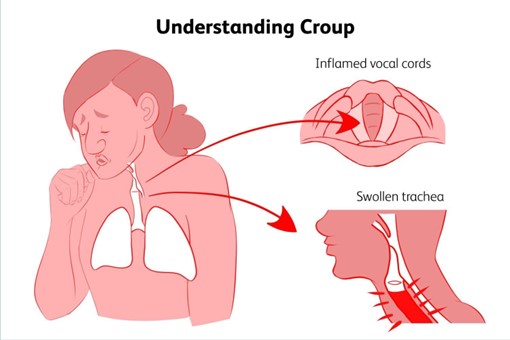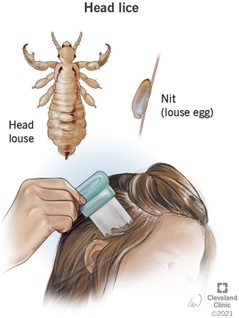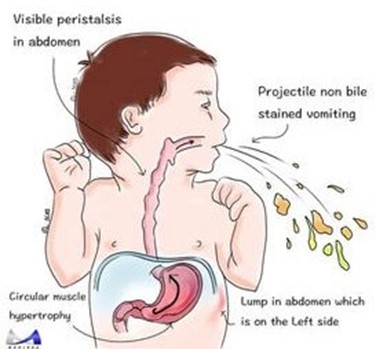When advising a new mother on caring for a child with croup, which symptom should be a priority concern for the telephone triage nurse?
Fever of 101.0°F (38.3°C)
Cries often when nursing
Difficulty swallowing secretions.
Barking cough, worse at night
The Correct Answer is C
When advising a new mother on caring for a child with croup, the telephone triage nurse should prioritize concern for difficulty swallowing secretions. This symptom can indicate that the child's airway is becoming obstructed and requires immediate medical attention. A fever of 101.0°F (38.3°C) is a common symptom of croup and can be managed at home with antipyretics. Crying often when nursing is not a specific symptom of croup and may have other causes. A barking cough, worse at night, is a characteristic symptom of croup and can be managed at home with humidified air and hydration.

Nursing Test Bank
Naxlex Comprehensive Predictor Exams
Related Questions
Correct Answer is D
Explanation
The nurse should instruct the parents to wash the child's bed linens and clothing in hot soapy water to kill any remaining head lice and prevent reinfestation. The child's brushes, combs, and other hair accessories should also be washed in hot soapy water or disposed of. Taking the child to a hair salon for a shampoo and a shorter haircut is not necessary for treatment of head lice. Rewashing the child's hair following a 24-hour isolation period is not necessary if the permethrin shampoo has been used as directed.

Correct Answer is C
Explanation
In a 5-week-old infant presenting with a history of projectile vomiting after feedings, the nurse should expect to assess an olive-size mass in the epigastric area. This finding is consistent with pyloric stenosis, a condition in which the muscle at the bottom of the stomach that controls the flow of food into the small intestine becomes thickened and narrowed.
Rebound tenderness in the left lower abdominal quadrant, stool that consists of mucus and blood, and frequent burping accompanied by poor feeding are not typically associated with pyloric stenosis.

Whether you are a student looking to ace your exams or a practicing nurse seeking to enhance your expertise , our nursing education contents will empower you with the confidence and competence to make a difference in the lives of patients and become a respected leader in the healthcare field.
Visit Naxlex, invest in your future and unlock endless possibilities with our unparalleled nursing education contents today
Report Wrong Answer on the Current Question
Do you disagree with the answer? If yes, what is your expected answer? Explain.
Kindly be descriptive with the issue you are facing.
